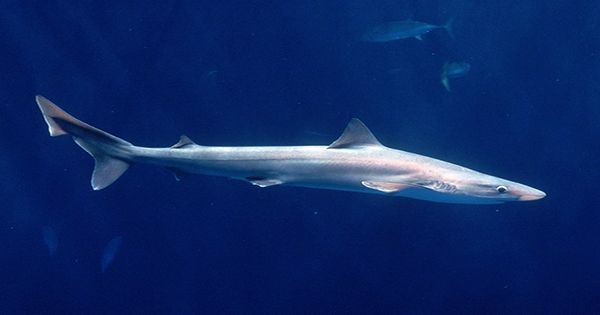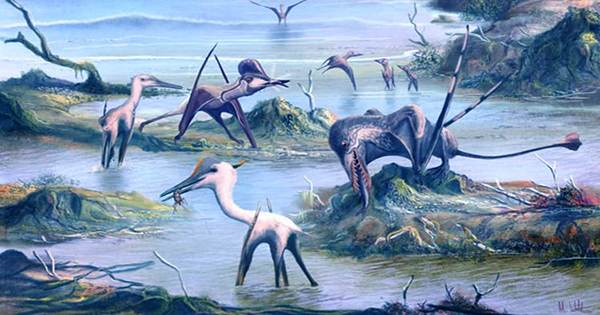In their lifetime, sharks can swim long distances but how they complete the annual migration without getting lost has not been proven conclusively. Like turtles, homing pigeons and dogs it was thought that magnetic concepts played a role and those sharks were able to find their way using the earth’s magnetic field.
Now, new research published in the journal Current Biology has found the first few solid proofs of the magnetic potential of sharks. Save Our Seas Foundation project leader Bryan Keller, also of Florida State University Coastal and Marine Laboratory said in a statement, although the concept was not new to science, it was one that proved difficult to test in sharks. As it turns out, these are quite complex issues. “To be honest, I’m surprised it worked.”
“This question has been tolerated for 50 years because it is difficult to study sharks.” The study selected bonnethead sharks (Sphyrna tiburo) for the study because they needed a species that was not in large numbers and could return to specific locations that might require the magnetic reception they were testing. The fact that Bonnetheads travel thousands of miles a year and can reliably return to magnetic each year proves that they have some idea of their “home” and how to get there.
They put wild-caught baby sharks in a cork (exposed to a magnetic field that makes them look like remote locations from the test site). The researchers predicted that if the sharks were reading the field for navigation, they would swim to one side to correct their displacement and return to the magnetic state of the test site.Imagine you are heading north to get to your home, but suddenly your satnav says you have crossed a mile. You are turning the car around to correct the displacement. The same reaction was expected to be displayed by the shark, driving itself in such a way that it could correct sudden changes. Sure, they did. As a way to go along, researchers believe that the magnetic concept of sharks could reveal new insights for genetic differences among wild populations. “The bonnetheads that we have received spatial information from geomagnetic signals may have important implications for understanding current migration and biological patterns,” the study authors wrote.
















